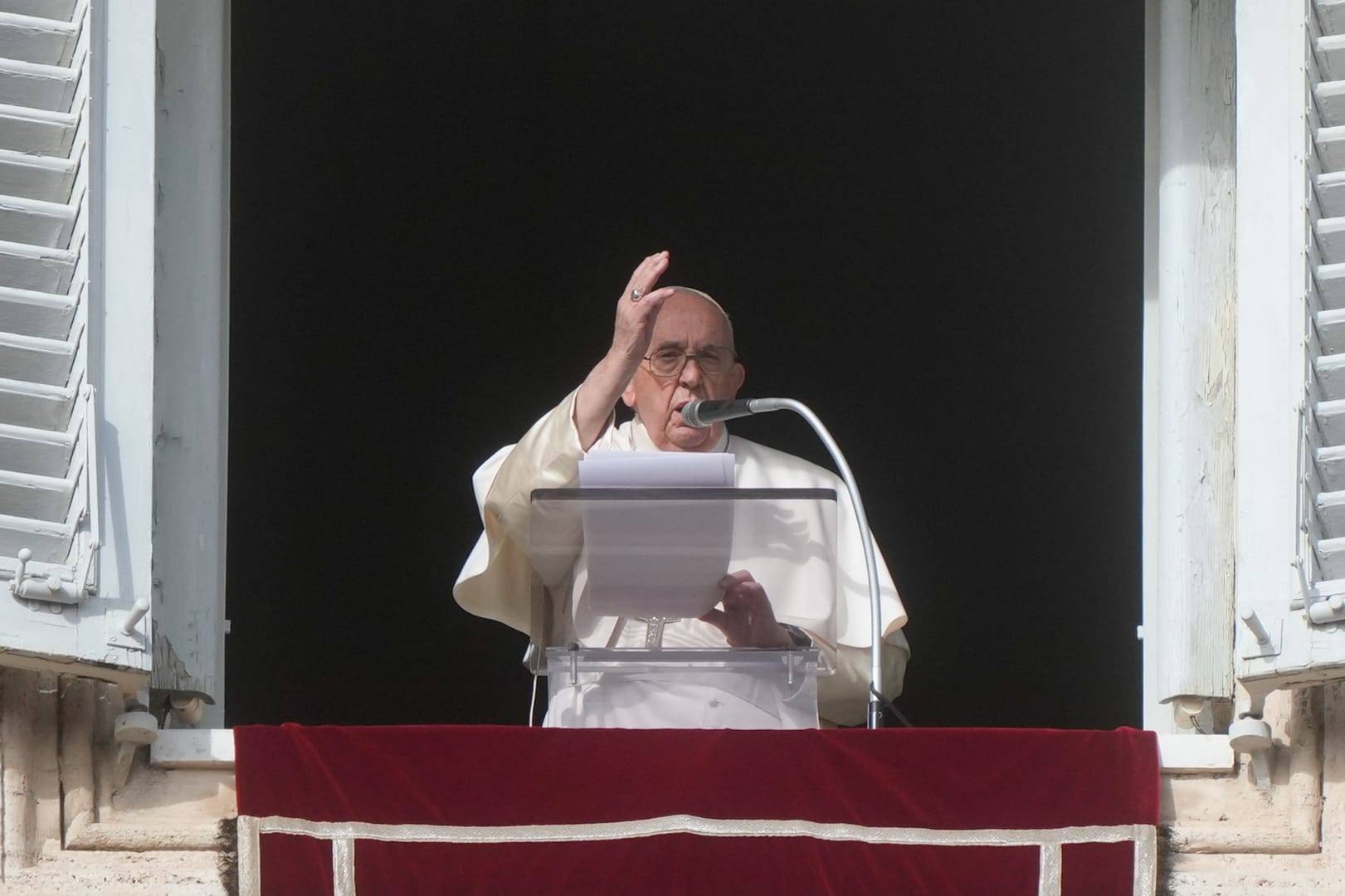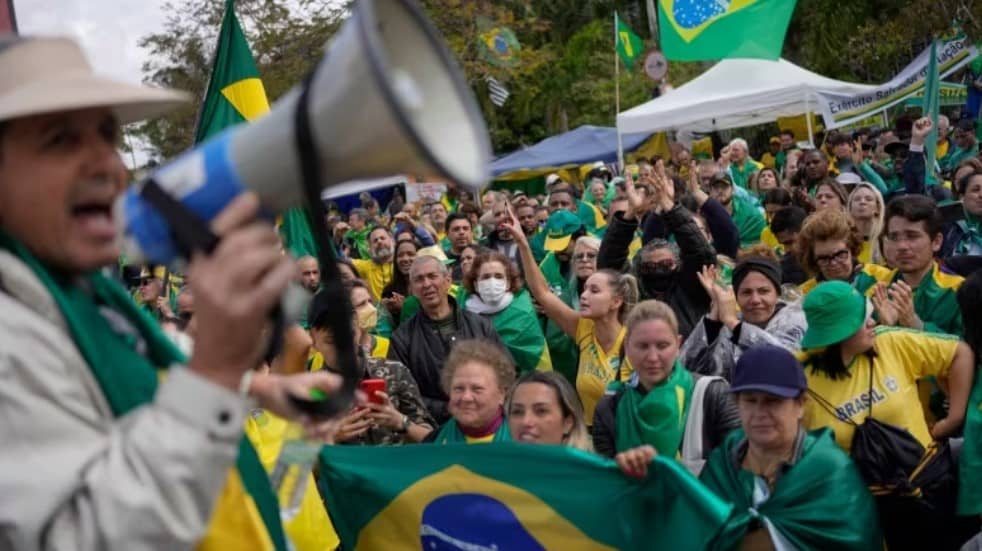YAOUNDÉ, Cameroon – A major international NGO has issued a statement on mass rape in the Central African Republic the same week a bishop’s report was released that United Nations peacekeepers have sexually abused women in the war-torn country.
Bishop Juan José Aguirre Muñoz of Bangassou told a Madrid newspaper earlier this month that women are selling themselves to the peacekeepers out of desperation, and many of those being abused are minors.
“This is not the first time UN soldiers behave in this way. In 2015, a group of Congolese peacekeepers were expelled for offering lentil boxes in exchange for sex, and the business did not stop there. The empty boxes were bought by a Lebanese for [less than $2]. In this way women earned enough to buy food,” the Spanish bishop told Alfa y Omega.
RELATED: Central African bishop accuses UN forces of rape, abuse
In a March 7 statement, MINUSCA – the UN peacekeeping force – said it was taking Aguirre’s “allegations of sexual abuse” seriously but said a U.N. fact-finding mission at Bangassou had found “no tangible element” to support the claims.
A day later, Médecins Sans Frontières – also known as Doctors Without Borders – issued a statement saying a group of women arrived on March 3 at Bossangoa hospital, in western Central African Republic, claiming they were attacked on Feb. 17 nearly 35 miles away, in the village of Kiriwiri.
The statement said the 10 women said they were with a larger group in the bush, collecting water, washing clothes and tending to their crops, when men from a local armed group took them hostage.
Most of the women were taken to the armed group’s camp and repeatedly raped before being released.
A civil war in the country that erupted in 2012 when President François Bozize was ousted by the largely Muslim Séléka rebel movement has caused tensions between the two communities. The Séléka rebels were the next year ousted from the capital by Christian militias, called anti-balaka, which led to tit-for-tat killings between the movements.
Militias from both sides – as well as government troops – have been accused of sexually assaulting civilians.
The country is predominantly Christian, with 50 percent of the total population being Protestant and 30 percent Catholic. Only 15 percent is Muslim, the majority of whom live in the north of the country, which lies in Africa’s Sahel region. However, there is a significant Muslim population in the south, consisting mostly of merchants.
The southern city of Bangassou has become a flashpoint in the conflict. Militias attacked a Muslim quarter on May 13, 2017, leaving 115 dead, including six UN peacekeepers.
Aguirre Muñoz has been sheltering around 2,000 Muslims in his cathedral compound, protecting them from anti-balaka militia surrounding the area.
He and other bishops in the country have often accused the UN peacekeepers of not doing enough to help the population – or even abusing the population.
At the bishops’ conference meeting at the beginning of the year, the bishops issued a statement condemning some UN peacekeeping units of “slow response and inaction.”
RELATED: Cardinal laments deadly year for Church in Central African Republic
Aguirre Muñoz said the humanitarian situation is so bad, women and girls prostitute themselves in order to avoid starvation, and peacekeepers take advantage of their plight.
“They are desperate. They die of hunger and frequently would sell their bodies in order to eat,” the bishop said, calling the sexual exploitation of the women “crimes against humanity.”
This is not the first time UN forces in the country have been accused of abuse.
In 2015, Code Blue, a campaign by a U.S.-based NGO seeking greater accountability for UN troops, said it had received 14 internal UN reports that detailed fact-finding inquiries into complaints made against troops within the UN peacekeeper mission in the Central African Republic.
Code Blue said cases were repeatedly mishandled and bungled by UN authorities.
Sharanya Kanikkannan, a lawyer with Code Blue accused the UN of “filtering” out complaints in the early stages and throwing out cases before they could be properly investigated.
“The filtering ensures that there is no access to justice for the vast majority of victims since they cannot gain access to law enforcement authorities without first convincing UN staff to believe them,” Kanikkannan said.
In 2016, the UN completed its own investigations into sex abuse allegations from 139 women and children in the Central African Republic and identified 41 soldiers as being guilty of offenses.
Most of the abusers were from Gabon and Burundi, and all the UN did was to recommend that the authorities of the two countries take action against the abusers.
According to Canadian Lieutenant-General Roméo Dallaire, commander of the UN peacekeeping force in Rwanda during the 1994 genocide, there is “a culture of silence” in dealing with sex scandals by UN peacekeepers, seriously undermining the credibility of the world body.
“It’s been continuing to accumulate, a festering situation that one would have thought we’d be able to resolve, but there hasn’t been enough teeth to make it happen,” he told The Globe and Mail.
“It’s so damning, because it goes against the fundamental reason why you’re sending troops there in the first place. We’re not there to fight a war, we’re there to establish security and protect civilians,” Dallaire told the newspaper. “So, when the guys who are coming in with the job of protecting civilians are the ones who are abusing civilians, how can you establish credibility and be effective?”
The lack of accountability makes Aguirre Muños apprehensive that victims of sex abuse will be able to get the justice they deserve.
“Countless international delegations have come and left the same day, because no one wants to stay here,” the bishop said. “Everyone has answered with silence and done nothing.”

















